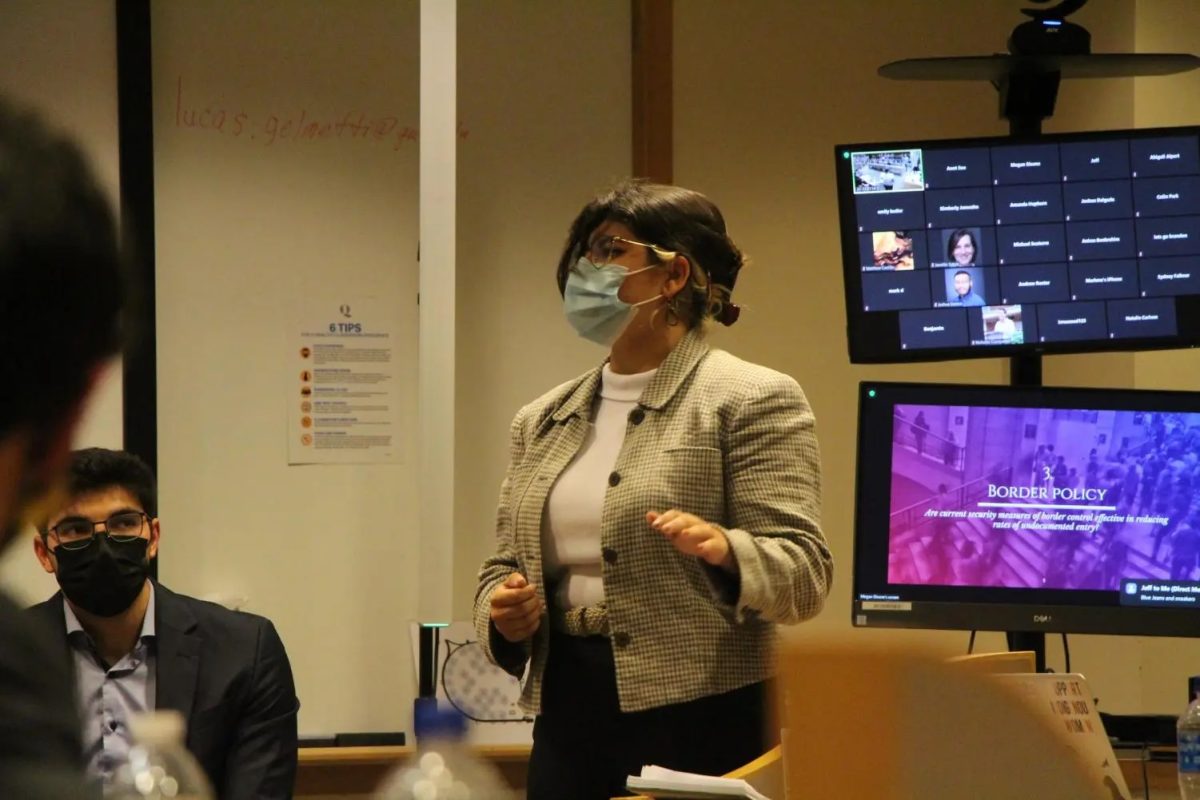Quinnipiac University’s Physician Assistant program has been taken off of probation after two years. The PA program was originally put on probation in November 2023, after numerous students had filed complaints.
These complaints claimed that the PA program failed to comply with the Americans with Disabilities Act.
“My understanding is that there was a 10 year accreditation visit from the Accreditation Review Commission of the physician assistant… they determined that the program was not in compliance with the accreditation standards,” Trenton Honda, dean of the School of Health Sciences said.
The PA program was originally put on probation after a lawsuit filed in 2022 accused Quinnipiac officials of failing to accommodate a student’s mental health disability, according to an investigation done by The Chronicle.
Additionally, “several former physician assistant students came forward in the weeks after the student filed the suit… calling the program’s environment ‘unsupportive,’ ‘militaristic,’ ‘toxic’ and ‘cutthroat.’”
The program was also accused of punishing students with disabilities “by placing them on probation, suspension or dismissal instead of seeking ways on how to better support them.”
In response to these allegations, a letter was sent to the Connecticut DOJ.
The letter read, “The discriminatory treatment, including the culture of mental health stigma created by the PA faculty, has been a destructive force for these students and their families… We ask that your department investigate these claims and hold QU and the PA faculty accountable and responsible for any actions that you deem harmful and illegal to students, past and present,” according to The Chronicle.
Since then, faculty have been working to meet these standards.
“Our faculty worked incredibly hard to respond to all of the citations that they gave us,” Jocelyn Depathy, interim program director and chair physician assistant studies said. “We had incredible support from our administration… and they were instrumental in really giving us the support and resources that we needed.”
After addressing concerns and citations, the Accreditation Review Commission (ARC), “came and did a repeat SITE visit to look at those things that they had said we needed to address… immediately upon them leaving, they noted no observations, which means they didn’t note anything that needed to be fixed,” Depathy said.
Prior to these efforts, the university also created a non-discrimination clause, to ensure its “commitment to ‘providing equal educational opportunities and full participation for students with disabilities,’” according to the report by the Chronicle.
Fortunately, the probation did not have any effects on the students. But it required “a tremendous amount of very hard work” from “dedicated expert faculty,” Honda said.
Depathy also mentioned that the PA program maintained higher than average first time pass rates on the PANCE, their certifying exam.
Additionally, any graduate students seeking employment six months after their graduation were employed, she added.
“I want to emphasize that there has never been any question about the high quality of the education that’s provided by our expert faculty in the program,” Honda said.








